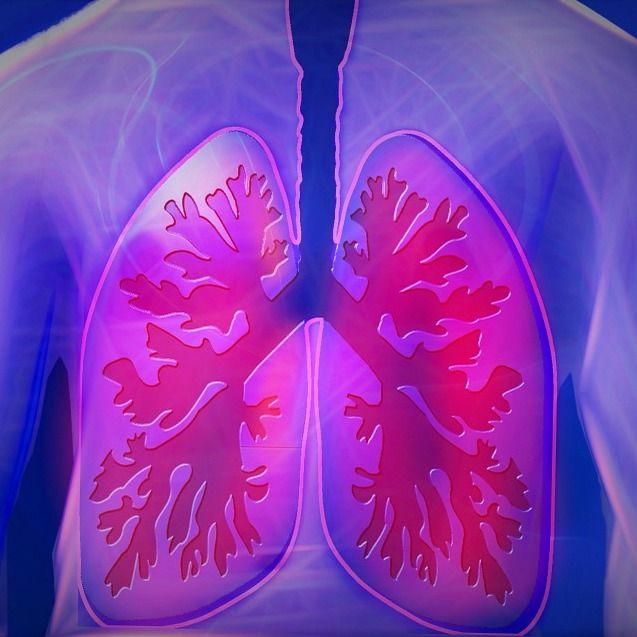Article
Unclear Whether Nocturnal Oxygen Positively Affects COPD Patients
Author(s):
The trial did not reach full enrollment.

Findings of a recent study do not indicate nocturnal oxygen has a positive or negative effect on survival or progression to long-term oxygen therapy in patients with chronic obstructive pulmonary disease (COPD).
Still, the trial was underpowered as it did not reach full enrollment.
Yves Lacasse, MD, and colleagues designed a double-blind, placebo-controlled, randomized trial to determine whether nocturnal oxygen provided for a period of 3-4 years would decrease mortality or the worsening of disease so patients could meet current specifications for long-term oxygen therapy. Patients included had COPD with nocturnal arterial oxygen desaturation without qualifying for long-term oxygen therapy. All patients had stable disease for at least 6 weeks before enrollment and had been nonsmokers for at least 6 months. The team defined nocturnal desaturation as a nocturnal home oximetry recording of at least 30% of the recording time with an oxygen saturation of less than 90%.
Lacasse and the investigators randomly assigned patients 1:1 to receive either home nocturnal oxygen from an oxygen concentrator or ambient air from a sham concentrator (placebo). At baseline, the team took clinical measurements including the Charlson comorbidity index, spirometry, lung volumes, carbon monoxide diffusion capacity, and arterial blood gas.
The nocturnal oxygen was delivered overnight from an electrically powered oxygen concentrated. Patients used supplemental oxygen throughout the night. The goal was to maintain a nocturnal oxygen saturation of more than 90% for at least 90% of the recording time. Oxygen adjustment was performed at home, starting with a rate of 2 liters per minute during a first test night and increased by increments of 1 liter per minute per night, up to 4 liters per minute.
Those in the control group received ambient air delivered through identical concentrators rendered ineffective by bypassing the sieve beds. Patients in this group also underwent a sham flow-rate adjustment procedure.
The primary outcome of the study was a composite of death from any cause or a requirement for long-term oxygen therapy. Additional outcomes included adherence to the intervention, exacerbation and hospitalization rates, and quality of life.
Overall, 243 patients were enrolled in the study—123 were randomly assigned to receive nocturnal oxygen and 120 received placebo. Of the patients, 79% met the definition for nocturnal desaturation on the 2 oximetry studies. There were 242 patients at the three-year follow-up and 231 patients at the four-year follow-up.
A majority of the patients, 97.5% who received oxygen had nocturnal saturation during the treatment within the target flow rate and 78.2% were given oxygen at a flow rate of 2 liters per minute. At 3 years of follow-up, 39% of those assigned to nocturnal oxygen and 42% of those assigned to placebo met the NOTT-defined criteria for long-term oxygen therapy or died (difference, -3 percentage points; 95% CI, -15.1 to 9.1; P=.64).
The investigators noted at 3 and 4 years of follow-up, the absolute differences between the 2 trial groups in the percentage of patients with a primary outcome event, the separate component of death, or the separate component of a requirement for long-term oxygen therapy were all no more than 6.5 percentage points. There was no significant difference between nocturnal oxygen and placebo in the composite outcome (HR, .87; 95% CI, .61-1.25; P=.44) or its separate components of death (HR, .98; 95% CI, .6-1.63) and a requirement for long-term oxygen therapy (HR, .87; 95% CI, .57-1.34).
The study, “Randomized Trial of Nocturnal Oxygen in Chronic Obstructive Pulmonary Disease,” was published in The New England Journal of Medicine.




